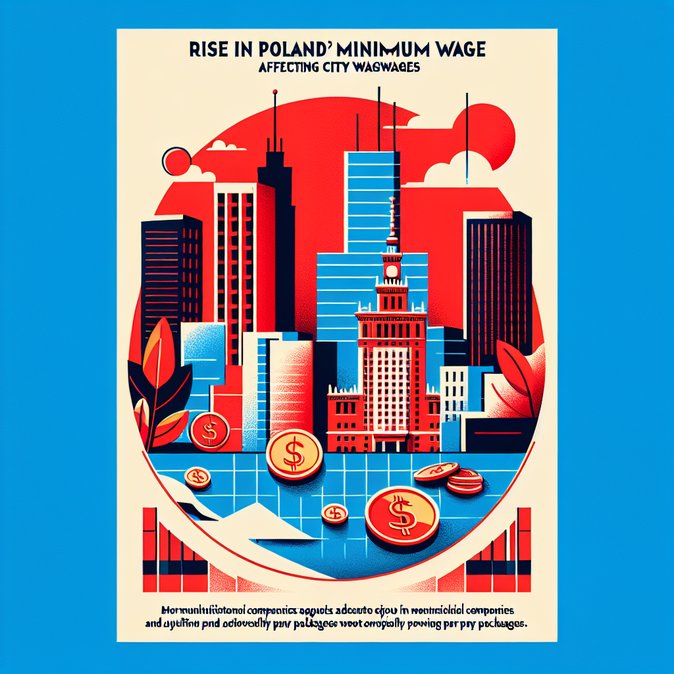
Quietly published amendments to Poland’s Act on Administrative Fees mean that from 21 November applicants will pay PLN 1,669 when seeking citizenship via presidential approval and PLN 1,000 for recognition by a voivode—up from PLN 800 and PLN 600 respectively. At the same time, the Interior Ministry has unveiled a four-pillar naturalisation model extending the required permanent-residence period from three to five years and introducing a mandatory loyalty declaration. The naturalisation exam will now be sat at B2 Polish-language level and include open-ended questions on contemporary civic values alongside multiple-choice history items.
Officials insist the goal is “assessment of integration, not exclusion”, but migrant-rights NGOs warn that the higher language bar and the subjective loyalty pledge could slow down the pipeline just as record numbers of Ukrainians apply. In 2024, Poland granted 16,300 citizenships—half to Ukrainians—up from 10,000 in 2023.
![Citizenship Fees Rise and Naturalisation Criteria Tighten]()
For employers, the immediate impact is budgetary. Many multinationals reimburse naturalisation costs for key talent; HR teams will need to update policy caps and inform assignees who were planning to file in Q4. Lawyers advise submitting well-prepared applications to avoid the steep, non-refundable fee being lost on a technicality.
The changes sit alongside a new national integration strategy due in 2026 and reflect Warsaw’s push to balance large-scale migration with social cohesion. Surveys by the CBOS research institute show 93 percent of Poles support migrant workers’ presence in the labour market, but policymakers remain sensitive to perceptions that citizenship is being ‘handed out’.
Practical tips for applicants include enrolling early for B2 language courses, gathering five full years of tax-residency evidence, and preparing for citizenship interviews that probe knowledge of recent political and social developments. Employers should expect longer processing times as officials adjust to the more demanding test and fee structure.
Officials insist the goal is “assessment of integration, not exclusion”, but migrant-rights NGOs warn that the higher language bar and the subjective loyalty pledge could slow down the pipeline just as record numbers of Ukrainians apply. In 2024, Poland granted 16,300 citizenships—half to Ukrainians—up from 10,000 in 2023.

For employers, the immediate impact is budgetary. Many multinationals reimburse naturalisation costs for key talent; HR teams will need to update policy caps and inform assignees who were planning to file in Q4. Lawyers advise submitting well-prepared applications to avoid the steep, non-refundable fee being lost on a technicality.
The changes sit alongside a new national integration strategy due in 2026 and reflect Warsaw’s push to balance large-scale migration with social cohesion. Surveys by the CBOS research institute show 93 percent of Poles support migrant workers’ presence in the labour market, but policymakers remain sensitive to perceptions that citizenship is being ‘handed out’.
Practical tips for applicants include enrolling early for B2 language courses, gathering five full years of tax-residency evidence, and preparing for citizenship interviews that probe knowledge of recent political and social developments. Employers should expect longer processing times as officials adjust to the more demanding test and fee structure.


